About The Colleges of Law
ABOUT THE COLLEGES OF LAW
For over 50 years, The Colleges of Law has made a first-class legal education more accessible to a diverse range of students, producing engaged, civically minded graduates who make an indelible mark on the legal profession and other law-related fields.
50 YEARS, ONE PURPOSE: INNOVATING LEGAL EDUCATION
“The Colleges of Law opened a door for me I never thought possible. Knowing I had professors and administrators that would go to bat for me meant a lot.” – Gabriella Navarro-Busch, J.D. ’93, Immigration attorney
In 1969, The Colleges of Law became innovators by making quality legal education more accessible to anyone who possessed the passion, bravery, and intellectual rigor to pursue a legal degree—regardless of social standing or professional background.
50 years later, times have changed but the mission remains.
Today, our courses are delivered at night (J.D. program) or through a blended format (Hybrid J.D. program), making quality legal education accessible for modern students—those with hectic work schedules, families, and other commitments. Our accommodating professors and staff work hard to provide the support and resources students need to have a successful and rewarding law school experience.
STEP INTO THE PROFESSION THE MINUTE YOU STEP INTO THE CLASSROOM
“When my students are done, they know how to draft a patent application, legally defend a trademark agreement, and navigate the complex U.S. patent and trademark office’s policies and procedures.” – Erica Bristol, Professor and Intellectual property lawyer
Students at The Colleges of Law are taught by professors who are active contributors to the legal profession—practicing judges, lawyers, and elected officials who often come straight from these positions to teach in The Colleges of Law classrooms. With their support and expertise, students develop the practical and theoretical skills necessary to succeed in today’s legal field.
With a degree from The Colleges of Law, our graduates join a network of accomplished, competent, and community-oriented professionals from all walks of life. Many have enjoyed successful careers in the legal profession. Others have applied their degrees from The Colleges of Law to fields like journalism, real estate, health care administration, government and corporate relations, social services, marketing, public relations, and more. One thing they all have in common?
They credit the Colleges of Law with preparing them for professional achievement.
DISCOVER A CLEAR PATHWAY TO YOUR FUTURE—WITHOUT DETOURING INTO DEBT
High tuition rates may actually diminish career paths for law school graduates because there are limited options that will lead to timely payback of debt. At The Colleges of Law, reasonable tuition rates and scholarship opportunities reflect our commitment to providing making legal education accessible through affordable degree programs that can prepare you for a wide range of career opportunities (and less post-graduation stress.)
Learn More About Financing Your Education
WE BELIEVE IN DEMOCRATIZING THE LAW WITHIN AND BEYOND THE CLASSROOM
COL graduates have a direct impact on the community every day. I watch them contribute in ways both big and small. I am proud that COL produces graduates who feel compelled to give back to our local community.” – Craig Smith, Full-time faculty, Former deputy district attorney and juvenile court judge.
We believe that the legal profession should reflect the diversity of the clients and communities it serves. Our student body brings to campus a wide range of skills, ideas, and beliefs. Learning and working together in a collaborative environment that emphasizes discussion and debate as well as hands-on experience and local engagement, you will develop strong relationships with each fellow students and members of the local community.
In addition to a deep intellectual and practical grasp of the law, graduates from The Colleges of Law are instilled with the cultural competence that comes from studying with a cohort from different backgrounds and perspectives. This prepares you to enter the legal profession as an engaged, civically minded guardian of the rule of law, honor-bound to advocate not only for your clients, but for the communities in which you live and work, and for the justice system as a whole.
Diversity Supports Equal Justice for All
The State Bar of California recognizes The Colleges of Law for our efforts to advance diversity, equity, and inclusion in our organization and has selected our school to receive the DEI Leadership Silver Seal.
Expanding access and affordability to a broader range of people allows a wider demographic to access legal education more easily, leading to increased representation inside and outside the courtroom.
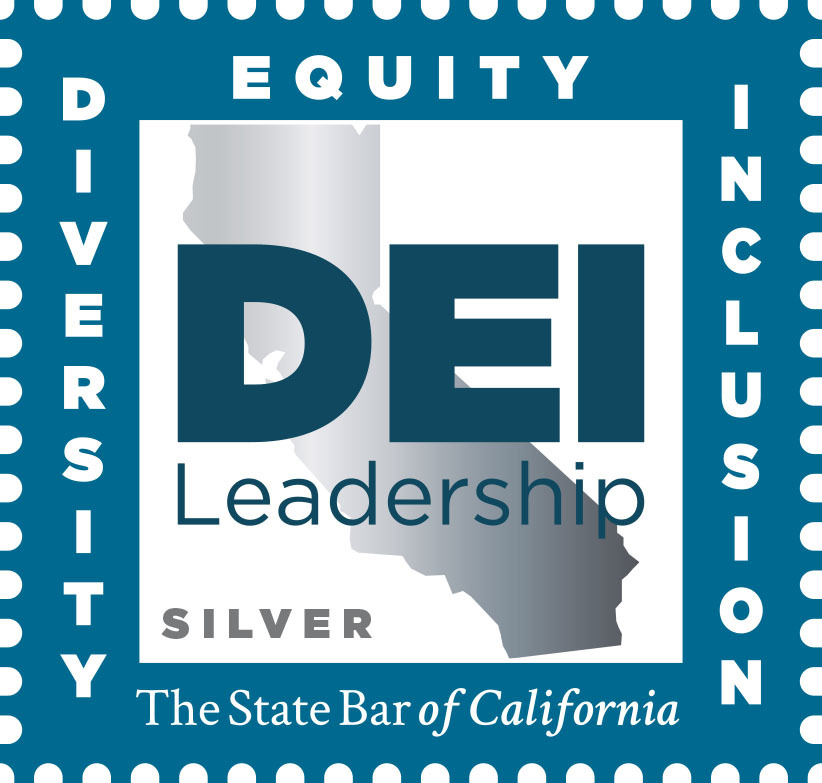
STAFF
Our experienced leadership team oversees the day-to-day operations of The Colleges of Law, ensuring that our students’ law school experience is academically and experimentally rewarding.
INSTITUTIONAL LEADERSHIP
MATTHEW NEHMER, PH.D.
President
JACKIE GARDINA, J.D., Ed.D.
Dean, Chief Academic Officer
OPERATIONS
ALEXIS BURDICK, M.A.
Director Business Operations
KRYZTOFR KAINE, M.B.A., J.D.
Sr. Manager, Institutional Advancement
EDWIN MIRANDA
IT Specialist
OFFICE OF THE REGISTRAR
CHRISTIAN WINNEWISSER
Registrar
OSCAR HERRERA
Assistant Registrar
ADMISSIONS AND ENROLLMENT SERVICES
SHAWN TAYLOR
Associate Vice President
SHANNON STARK
Senior Enrollment Manager
BRIANA FESSLER
Enrollment Counselor
PROGRAM LEADERSHIP AND STAFF
Onsite JD
DESIREE ALDEIS, Ph.D.
Onsite JD Program Manager
JENNIFER MACKIE
Student Services Manager
Ventura Campus
OSCAR HERRERA
Student Services Coordinator
Santa Barbara Campus
Hybrid JD and Online Learning
ANDREA FUNK, J.D.
Associate Dean
BRANDY PRICE, J.D.
Assistant Dean
JIAE MOON, J.D.
Professor
ROSALIE ROBLES
Program Manager
JESSICA KING
Student Services Coordinator
Graduate and Lifelong Learning
JEANNE EICKS, J.D., M.S.
Associate Dean
Student Success and Bar Preparation
APRIL VINCENT, J.D.
Associate Dean
JEN LOUIE
Program Manager of Student Success and Bar Preparation
Learn from well-connected faculty
TRUSTEES
Our Board of Trustees oversees crucial policy decisions in areas including academic affairs, institutional advancement, student services, and business and financial affairs.
BOARD OF TRUSTEES
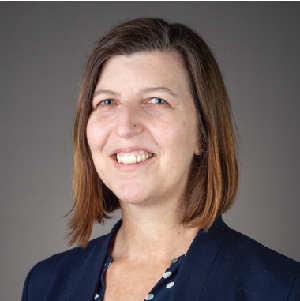
JANA JOHNSTON, J.D.
ChairPartner at Mullen & Henzell L.L.P.
Santa Barbara
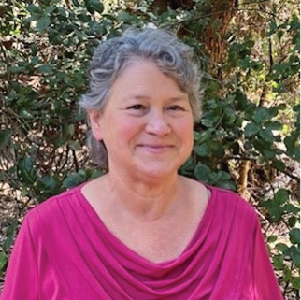
FARFALLA BORAH, J.D.
Vice ChairVice President, Board of Directors at Goleta Water District
Goleta

MICHAEL HOROWITZ, PH.D.
Ex OfficioPresident, The Community Solution Education System
Chicago
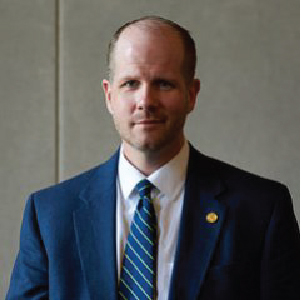
MATTHEW NEHMER, PH.D.
Ex OfficioPresident, Colleges of Law
Santa Barbara and Ventura
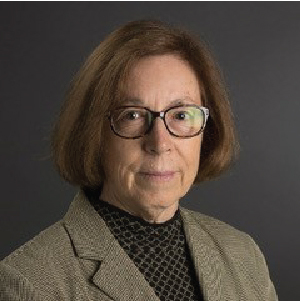
MARILYN ANTICOUNI J.D.
EmeritusAttorney at The Law Offices of Marilyn Anticouni
Santa Barbara
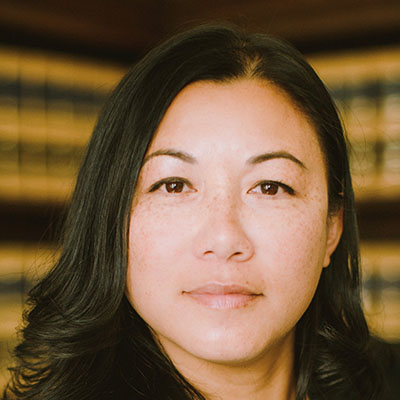
HON. VON DEROIAN
Judge at the Santa Barbara County Superior Court
Santa Barbara
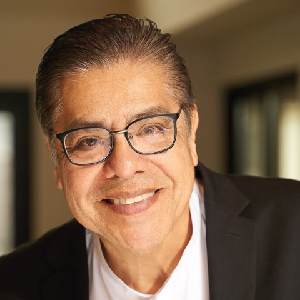
ARTURO HERNANDEZ
Business Owner, Central Coast ADU & Remodel Design
Chief Executive Officer, Central Coast Real Estate
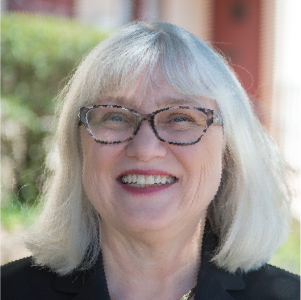
BETTY JEPPESEN, J.D.
Attorney at Law, Private Practice
Santa Barbara

BERNARD LUSKIN, ED.D., LMFT
Chief Executive Officer, LuskinInternational.com
Ventura

MARY JANE MILLER, J.D.
EmeritusPartner at Miller & Berryhill LLP
Santa Barbara
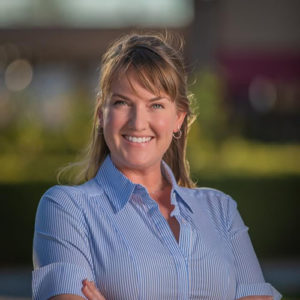
LAUREN NICHOLSON
Attorney at Nicholson Law, APC
Ventura
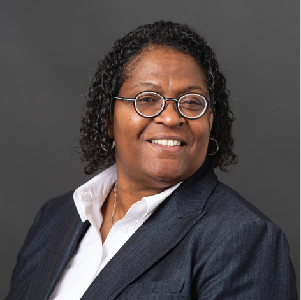
CHARLITA L. SHELTON, PH.D.
Chief of Staff to the President at Gonzaga University
Gonzaga University
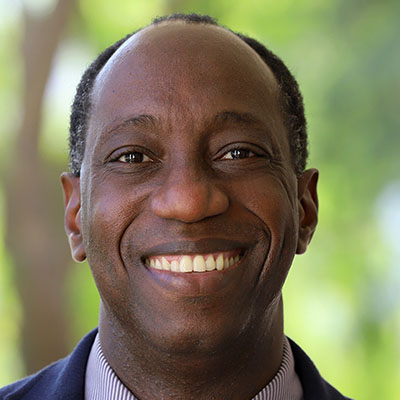
JULIUS SOKENU
President at Moorpark College
Moorpark

CASEY SUMMAR, J.D.
Partner at The Law Firm for Non-Profits, P.C.
Independent Consultant at Summar Consulting
Adjunct Professor of Law at Vanderbilt University Law School
Santa Barbara
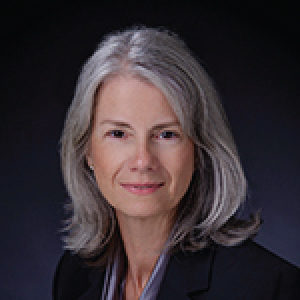
HON. CATHERINE SWYSEN
Judge at the San Luis Obispo County Superior Court
Santa Barbara
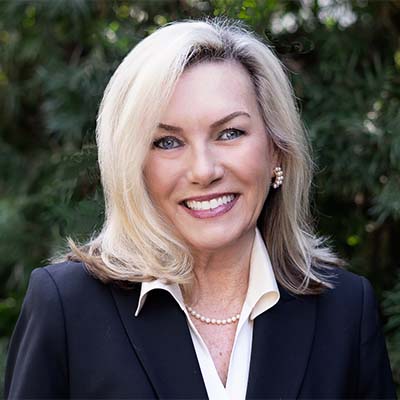
LORI TROFEMUK, J.D.
Attorney at The Law Offices of Lori Trofemuk
San Diego
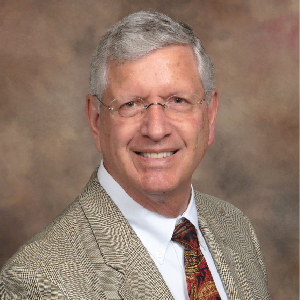
RICHARD A. WINN, ED.D.
President at the Accreditation Commission for Community and Junior Colleges (ACCJC), Western Association of Schools and Colleges (WASC)
Santa Francisco
ACCREDITATION
As a nonprofit, regionally accredited law school, we have built an outstanding reputation in the legal community, empowering students to seek out rewarding careers in law and related fields.
The Colleges of Law is regionally accredited by the Western Association of Schools & Colleges Senior College and University Commission (WSCUC).
Our Juris Doctor (J.D.) program is accredited by the Committee of Bar Examiners of the State Bar of California as a single institution with two campuses in Santa Barbara and Ventura. The Colleges of Law’s degree-granting authority, in connection with its J.D. students’ qualifications to take the California Bar Examination and obtain admission to practice law in California, is based upon its accreditation by the Committee of Bar Examiners.
In keeping with its mission to offer legal education that emphasizes both academic excellence and accessibility, The Colleges of Law has not sought accreditation from the American Bar Association. (See below for important information on admission to law practice.)
Students who attend the Colleges of Law are not required by the State Bar to sit for the First Year Law Students’ Examination unless they are J.D. students admitted as “special students.”
California Business and Professions Code Section 6061.7 and The Higher Education Act of 1965, as amended, requires all schools like The Colleges of Law (COL) to disclose certain information to current and prospective students. COL created this page to fulfill its responsibilities under both laws.
Click here to read COL’s Business and Professions Code Section 6061.7(a) Information Report.
ADMISSION TO PRACTICE LAW
ADMISSION TO PRACTICE LAW IN CALIFORNIA
Juris Doctor graduates of The Colleges of Law are academically qualified to sit for the California Bar Examination. Admission to practice law within California is governed by the Office of Admissions of the State Bar. All J.D. students must register with that office; forms are available at the State Bar website.
In addition to meeting the academic requirements to sit for the California bar, students must also comply with the Rules of the State Bar. Additional information about State Bar requirements can be found in the Colleges’ General Catalog.
ADMISSION TO PRACTICE LAW OUTSIDE CALIFORNIA
Juris Doctor applicants who wish to practice law in states other than California should be aware that as a prerequisite to taking the bar examination, most states require graduation from a law school approved or accredited by the American Bar Association or by the state supreme court or examining committee.
Study at, or graduation from, this law school may not qualify a student to take the bar examination or be admitted to practice in jurisdictions other than California. A student who intends to seek admission to practice outside of California should contact the admitting authority in that jurisdiction for information regarding its education and admission requirements.
CALIFORNIA BAR EXAM
Thanks to our accredited J.D. degree program, our graduates are academically qualified to sit for the California Bar Examination. Over and above that, they have completed a J.D. program specifically designed to develop the skills that the Bar Examination demands: a solid grasp of legal fundamentals, strong predictive and persuasive writing abilities, and excellent time management.
Our innovative Fourth-Year Bar Studies course helps each student create an effective, individualized approach to Bar Exam study. We also offer a customized extended Bar Exam preparation program in conjunction with the premier bar review provider, BARBRI.
OUR HISTORY
In 1969, Ventura attorney Fred J. Olson and a group of colleagues were looking to elevate society at a time of profound social change, founding an institution that would provide affordable legal education to people from all walks of life. The Ventura College of Law—a humble suite of classrooms leased annually from the former St. Catherine’s Academy for $1—opened in time for the 1969–1970 school year, with 36 students enrolled.
Soon after, in September 1974, Santa Barbara attorney Thomas Williams had a similar vision—establishing a law school on the former University of California Santa Barbara (UCSB) Riviera campus. With Ventura College of Law successfully operating about 30 miles away, the two institutions merged in 1978.
Today, we have a network of powerful alumni who have made a positive impact on local businesses and nonprofits as well as the community as a whole. With Juris Doctor (J.D.) Hybrid J.D., and Master of Arts in Law programs that combine academic rigor, convenience, affordability, and real-world practicality, we have a reputation in the community for providing students with a strong foundation in legal education.
In 2010, The Colleges of Law joined The Community Solution Education System, a nonprofit higher education community dedicated to creating educational experiences that change the way students learn, educating them to apply their skills to bring about lasting social change.
OUR MISSION
The mission of The Colleges of Law is to provide access to law and law-related professions by emphasizing opportunity, academic excellence, and community engagement.
OUR VISION
To be a pioneer in modernizing legal education.
COLLEGES OF LAW FAQ
JURIS DOCTOR (J.D.) PROGRAM FAQ
FINANCIAL AID FAQ
STATE AUTHORIZATIONS
Below is a list of states in which The Colleges of Law is currently enrolling students in its distance education programs. Either The Colleges of Law has been granted state authorization to offer distance education programs to students residing in (located in) that state where required, or The Colleges of Law is not subject to state authorization to offer distance education programs. At the present time, The Colleges of Law is not authorized to provide distance education in any states that are omitted from this list and therefore will not accept enrollment applications from prospective students residing in (located in) those omitted states until authorization is obtained.
NOTE: If a student relocates to a state in which The Colleges of Law is not authorized to provide distance education, continued enrollment and/or receipt of federal student aid funding, including federal loans and Pell Grants, cannot be guaranteed. Relocation to a state in which The Colleges of Law is not authorized to offer distance education may also impact a student’s loan repayment or deferment status and/or other benefits, such as veterans’ education benefits. Students enrolled in distance education programs are encouraged to contact the Registrar’s Office to discuss any change in their legal state of residence prior to relocation to determine the impact of the change.
COVID-19 FINANCIAL AID FAQ
Please note that the Financial Aid Office is working diligently to ensure financial aid (FA) continues to be processed as seamlessly as possible. Most importantly, we remain available to help guide and support students with funding their education during these uncertain times.
We appreciate that many students may have questions regarding their specific aid. As such, the FA hotline remains operational during normal business hours with multiple experts available to answer important student questions. Additionally, students can still reach the Financial Aid Office through the general FA email address at [email protected] and can expect to receive a prompt response.
In an effort to be proactive, the Financial Aid Office has created the following FAQs that answer some of the general questions students may have.
Q. My courses have been switched from on campus to online. Am I able to use my financial aid for online courses?
A. FA eligibility does not change for on-campus courses now being taken online. Students should feel comfortable attending all online courses as they would on campus. If students decide not to attend some or all of their courses, they should contact the Financial Aid Office immediately for further information on how FA may be impacted.
Q. I decided to take less than full-time courses during the COVID-19 outbreak. How does attending part-time affect the aid I’m eligible to receive?
A. Pell Grant and Cal Grant eligibility is predicated on a student’s enrollment status. Students attending full time receive 100% of their grant eligibility, three-quarter time receive 75% of eligibility, half time receive 50% and less than half time could receive 25% of grant eligibility.
Scholarships, Supplemental Educational Opportunity Grant (SEOG), and Federal Work Study (FWS) typically require students to be enrolled at least half-time to be eligible. However, some exceptions are being made to allow students to maintain eligibility for these funds due to COVID-19. Please contact the Financial Aid Office for additional details regarding eligibility of these funds.
Student loans require students to be enrolled at least half time to maintain loan eligibility. However, a student’s enrollment status will impact their total Cost of Attendance (COA) and subsequently may impact a graduate student’s Graduate PLUS loan amount (if applicable). Please contact the Financial Aid Office for additional details.
Q. I have extra expenses or have lost income due to the COVID-19 outbreak. Am I able to receive additional FA to assist with personal expenses during the Spring 2020 semester?
A. The Financial Aid Office has statutory authority to use professional judgement to make adjustments on a case-by-case basis to the cost of attendance or to the data elements used in calculating the expected family contribution (EFC) to reflect a student’s special circumstances. The use of professional judgement when students and/or their families have been affected by COVID-19 is permitted, such as in the case where an employer closes for a period of time as a result of COVID-19. In making professional judgement determinations, the Financial Aid Office must obtain documentation that substantiates the reason for any adjustment.
- EFC recalculations only provide potential benefit for undergraduate students as the results from recalculations may impact need based aid and, with the exception of Federal Work Study, graduate students do not qualify for need-based aid.
- Cost of Attendance adjustments must be based on student expenses related to attending school. Unfortunately, if students incur other expenses related to COVID-19, those expenses may not be used for additional financial aid eligibility.
Q. Some of my classes are now being graded as pass/fail? Does this have an impact on my financial aid and/or Satisfactory Academic Progress (SAP)?
A. A grade of “pass” will count as satisfactory completion for financial aid purposes. A grade of “fail” will have an impact on a student’s current term/semester’s aid eligibility. However, it may negatively impact a student’s rate of progress, which is a factor in determining SAP and may impact future aid eligibility.
Q. I am a Federal Work Study student and I am unable to work because of COVID-19 disruptions. Are any options available to me?
A. Yes, options are available for you. Your supervisor may allow you to work by another means (online, remote, telecommute, etc.). If that is not an option, students who were already working can be paid for scheduled hours at the wage rate that they would have been paid if they were able to work the scheduled hours.
Q. I am currently in repayment on my student loans. Are my loans still accruing interest, and am I still required to make monthly payments during the COVID-19 outbreak?
A. Interest will not accrue on federally held student loans for 60 days, beginning on March 13, 2020, for both current and out-of-school students. The Department of Education may extend that period, depending on the status of the COVID-19 national emergency. Regarding your monthly payments, you should call your loan servicer to discuss all options. For more information, please visit the Federal Student Aid website.
Q. I am scheduled to go on a study abroad trip this summer. Is there any chance that trip goes on as scheduled?
A. Unfortunately, all institutionally sponsored international travel has been canceled through August 30, 2020, due to COVID-19. However, if you are enrolled in a Field Experience course that is required for degree completion, the course itself is not canceled. The travel portion will be converted to a virtual experience. For more information regarding this, please contact your program chair.
Q. I am a current student utilizing my Post-9/11 GI Bill military benefits to attend school. All of my classes have been moved online due to COVID-19. Will this affect my monthly housing allowance?
A. Post-9/11 GI Bill students who pursue resident courses converted to an online modality solely due to COVID-19 will continue to receive the monthly housing allowance rate for resident training.
The Colleges of Law is an affiliate of The Community Solution Education System, a nonprofit system of colleges advancing student success and community impact.
